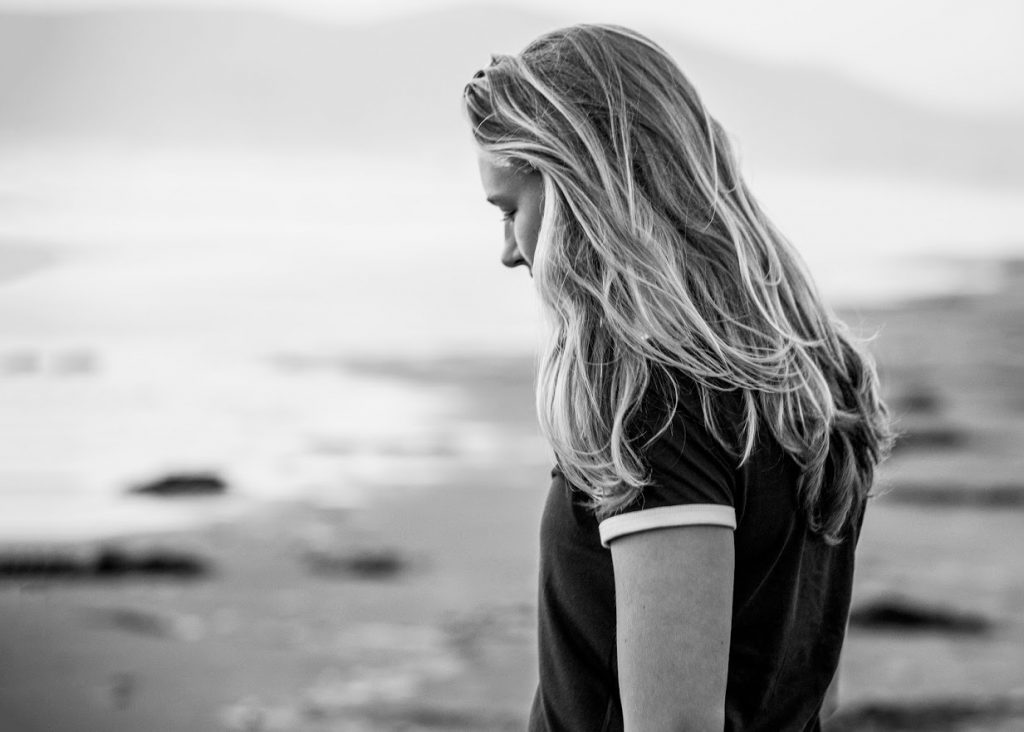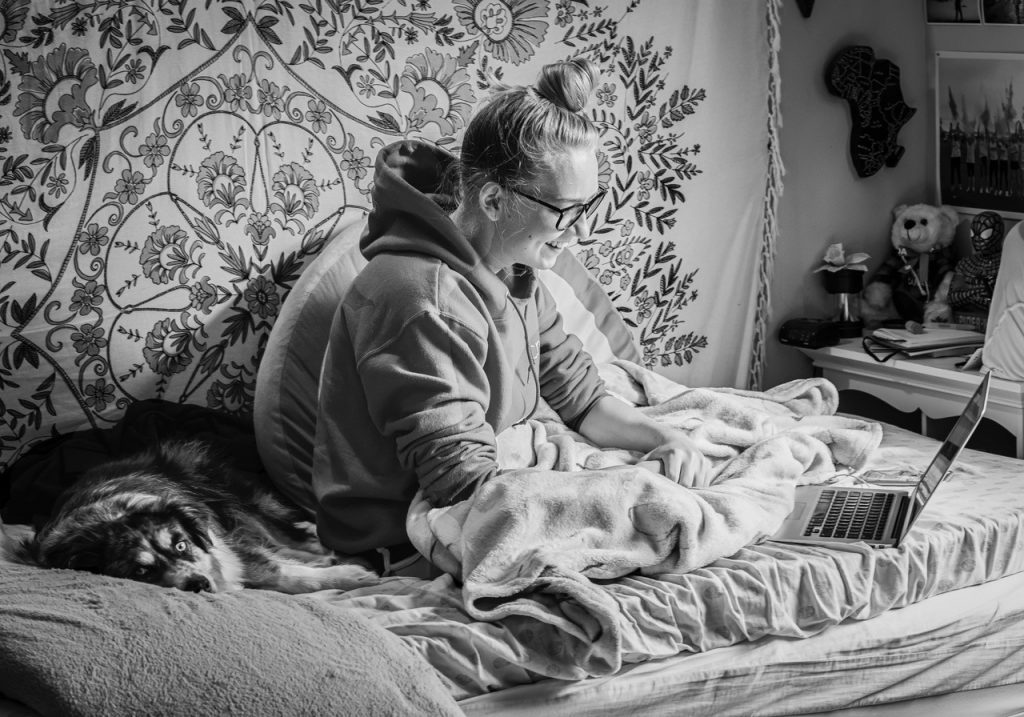Comfort in Faith | COVID-19 Conversations with Pat & Tammy McLeod
April 20, 2020Creativity to Recreate | COVID-19 Conversations with Pat & Tammy McLeod
April 22, 2020Staying Connected in Uncertainty
By Tammy McLeod, Harvard Chaplain for Cru, Director of College Ministry Park Street Church, coauthor of Hit Hard: One Family’s Journey of Letting Go of What Was – and Learning to Live Well with What Is.
“In United States culture, the valued and expected goals are to fix, cure, win, and solve. Living with loss is discouraged. Rather, one is to get over it and do so quickly… death is denied in our culture…ambiguous loss is denied even more fiercely.”
(Boss, Loss, Trauma, and Resilience, p. 19)

Yesterday I heard a governor say on TV that what we are working against is a silent, insidious enemy (virus) and that we are uncertain when this will end.
People keep questioning leaders: When will things get back to normal? When will we be able to reopen our businesses and resume our lives as they were before? Will the virus circle back later this year? If someone tests positive, will they be immune if the virus returns?
Experts are working around the clock, but we still don’t have answers to many questions.
Boss says that “the more people value control and mastery, the more distressed they are when loss has no clarity or closure.” (p. 28)
I remember this feeling when dealing with our son Zach’s brain injury from football. In all my reading and studying, I discovered several memoirs recounting an individual’s miraculous recovery after severe traumatic brain injury. Their stories of the determination, hard work, and sacrifice of others who helped their loved ones regain what they’d lost inspired me. I read voraciously to unearth anything that might help Zach have a strong recovery.
I attended conferences about cutting-edge research in the field. We arranged Zach’s schedule so we could try things I had read or heard about: innovative therapies (occupational, physical, speech, water, craniosacral), neurofeedback, chiropractic, acupuncture, nutritional supplements, and many types of medications.
After we passed the second anniversary of Zach’s injury, I realized Zach wasn’t following the same healing path. I tried for mastery and closure, but is wasn’t to be. The uncertainty wore me down.
In COVID-19 uncertainty is wearing us down, too. We are experiencing what Boss calls “multiple unresolved stressors:” losing a job or having to work at home, trying to work at home and home school children at the same time, having adult college children who lived independently now living back at home, having lots of people in cramped spaces all day and night everyday or living in isolation, not being able to get out much, being an essential worker and risking contracting the disease, working directly with COVID- 19 patients, forfeiting vacations, and holidays, and for some just trying to find food and pay bills. The list goes on.

Boss believes that “if supports are increased to meet the demands we may be able to ride out the pressure and regain equilibrium.” (p. 36)
The supports we received from our school community and church helped us better live with the ambiguous loss related to Zach’s brain injury. They are helping us to do the same now with COVID-19.
Stay connected to your friends, family, coworkers, and faith community. Listen to each other’s stories without trying to fix each other. Instead of denying loss, look for ways to validate it; grieve together. Encourage and strengthen each other when you see someone struggling with uncertainty.
Photography by Bonnie Sanders
